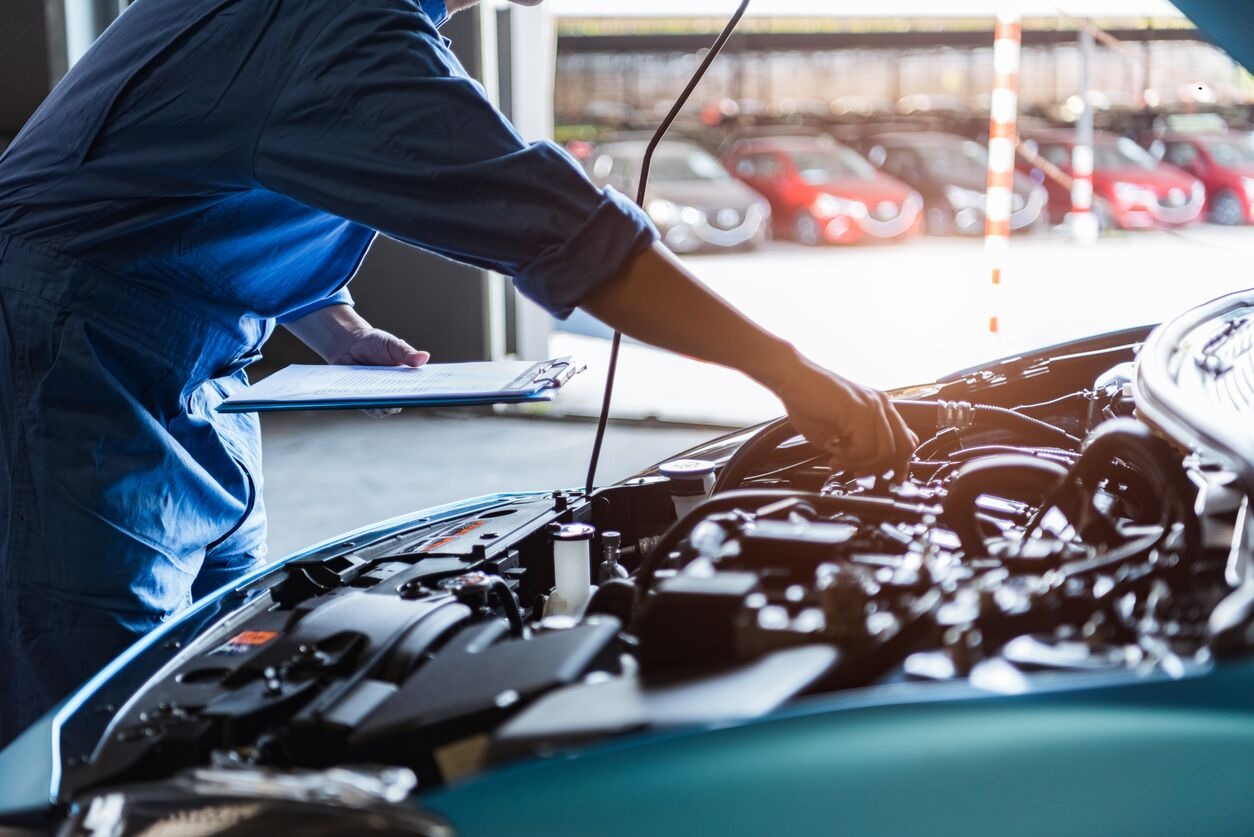Statistics reveal that as much as 35% of car accidents stem from worn tires. Despite this alarming figure, components like tires, wheels, suspensions, and turbochargers are frequently swapped for aftermarket alternatives, which can increase the likelihood of accidents.
Although aftermarket parts may appear to be a cost-effective substitute for OEM (original equipment manufacturer) components, they often bring challenges that may outweigh their initial affordability.
At A Plus Auto, we recognize how critical reliability is for your vehicle. That’s why we focus on providing used OEM parts to ensure safe and dependable repairs.

Let’s head into why aftermarket parts might not always be the best choice and the benefits of opting for quality components from trusted suppliers.
Understanding Aftermarket Parts
Aftermarket components are designed to replace original car parts but are manufactured by third-party companies instead of the car’s OEM.
Their lower price point often attracts buyers, making the automotive aftermarket a booming industry projected to surpass $444 billion for light-duty vehicles in 2024.
While the lower cost may seem appealing, particularly for routine repairs, these parts can compromise compatibility and quality. It’s essential to examine the trade-offs associated with using aftermarket products to make informed decisions.
Also Read: Alpine Introduces First-Ever F1 Spare Car with Upgraded Lightweight Chassis
Issues with Poor Fit
Improperly fitting replacement parts can cause issues, such as oil or coolant leaks, leading to premature engine wear.
Misaligned components may also result in excessive vibration, making driving uncomfortable and causing other parts to loosen, leading to higher repair costs and reduced safety.
Quality Concerns
A major drawback of aftermarket components is the variability in quality. Unlike OEM parts, which are engineered to meet specific vehicle standards, aftermarket options often use inferior materials.
While they may not always directly impact safety, their shorter lifespan can lead to more frequent repairs and increased long-term expenses.
Potential Warranty Problems
Most new cars include a manufacturer’s warranty covering repairs for a set period. However, aftermarket parts often lack warranty protection, leaving buyers to shoulder the costs of faulty components.
Additionally, using these parts can sometimes void existing warranties. Reviewing warranty terms carefully before installation or consulting experts like A Plus Auto can help you avoid unexpected costs.
Impact on Engine Performance
Engine components such as valves and pistons require precision engineering and durable materials.
Subpar aftermarket replacements may lack heat resistance and structural integrity, resulting in decreased horsepower, sluggish acceleration, and diminished entire engine performance. Choosing quality used OEM parts can help maintain your car’s efficiency and reliability.
Overwhelming Choices
The sheer variety of aftermarket brands can make selecting the right part daunting, particularly for those unfamiliar with automotive products.
This abundance increases the risk of purchasing unsuitable or substandard components. Opting for OEM parts ensures proper fit and function without the uncertainty of aftermarket options.
Lower Resale Value
Cars equipped with aftermarket parts are often less appealing to potential buyers, who tend to associate OEM components with better quality and reliability.
Vehicles with aftermarket parts typically sell for lower prices, reducing their return on investment.
Also Read: ₦800 Million Rolls-Royce Cullinan SUV Cut in Two, Parts Removed for Salvage
Compromised Handling
Suspension components like struts and shock absorbers play a vital role in maintaining control and stability.
Low-quality aftermarket suspensions may wear out faster, affecting vehicle handling and making emergency maneuvers more challenging.
Legal Risks
Some aftermarket parts fail to meet safety and environmental standards, potentially leading to legal penalties. For instance, modifications that violate EPA regulations can result in fines.
Opting for OEM parts from trusted providers like A Plus Auto ensures compliance with safety laws while maintaining vehicle performance.

